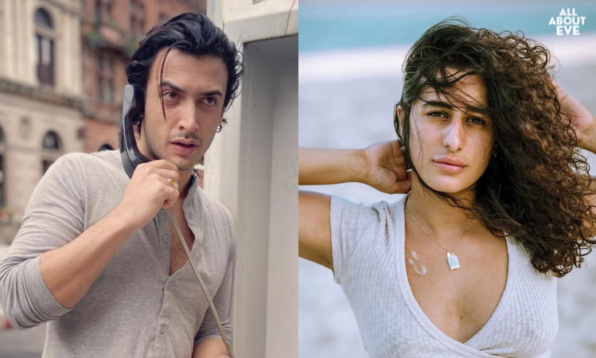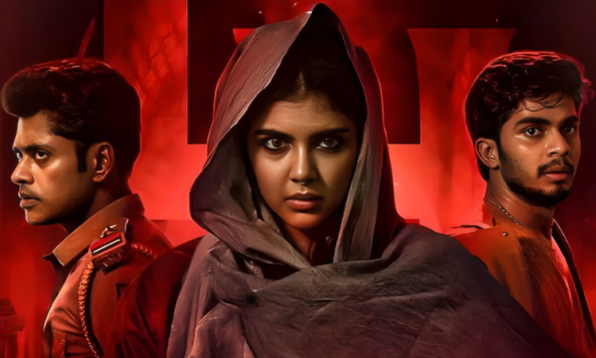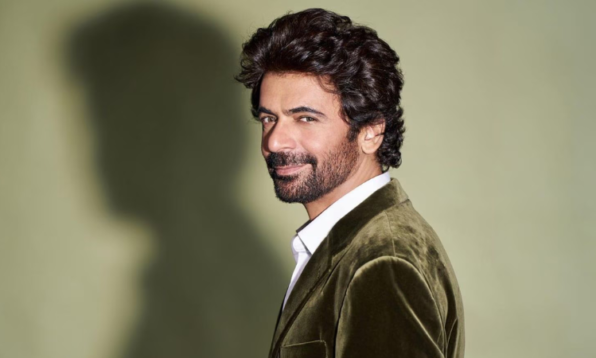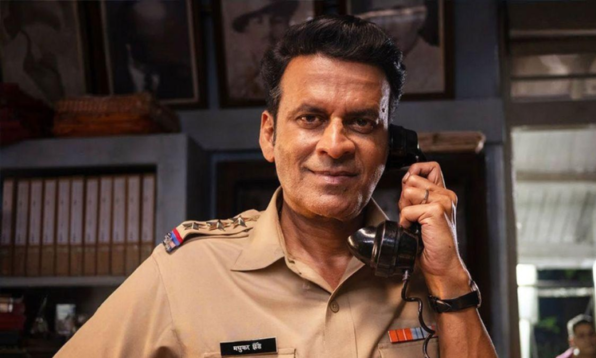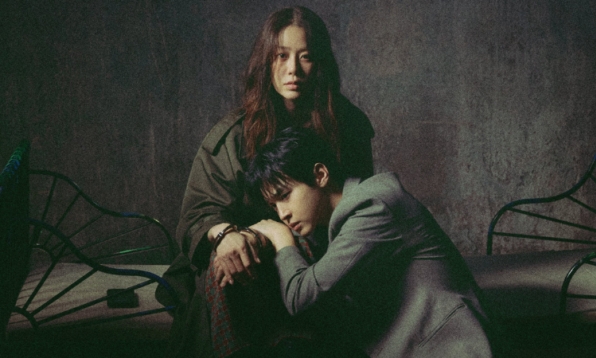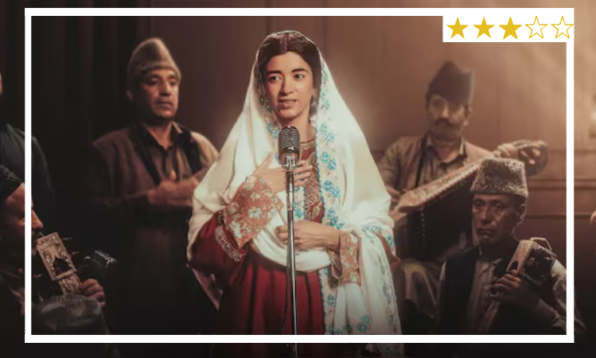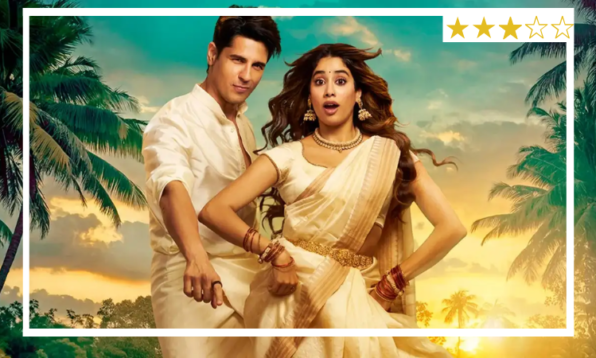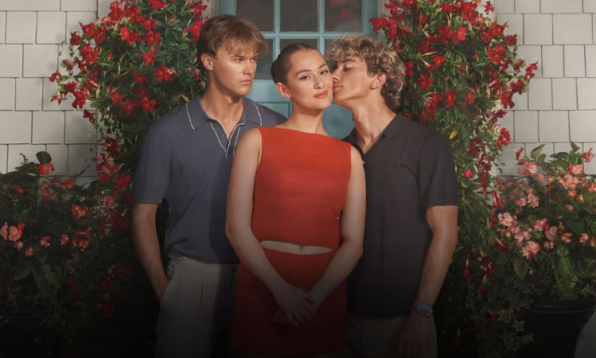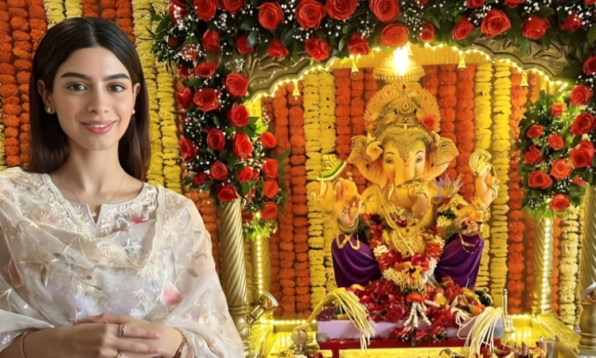In Bollywood, men accused of harassment often get second chances. Women who speak up rarely get even a first. When the #MeToo movement caught up with Bollywood, it felt like reckoning was finally at the industry’s doorstep. For the first time, women broke years of silence to call out directors, producers, actors, and musicians who had harassed, humiliated, or abused them.
Actor and model Saloni Chopra accused Zain Khan Durrani, now known for Songs of Paradise and Aankhon Ki Gustaakhiyan, of abusive behaviour during their relationship. Her account was detailed and disturbing. Yet, as she later said, the industry ignored it. Back then, he was not too well known so a headline with his name wasn’t going to get clicks. But today, he works as if those accusations never existed.
Has anything changed after #MeToo in Bollywood?
Saloni Chopra is not the only one who spoke up at the time. A long list of celebrities were accused during the #MeToo movement in Bollywood, but have they faced any repercussions? Sajid Khan, accused by multiple women of harassment, was briefly banned from the Indian Film and Television Directors’ Association, only to reappear on Bigg Boss. Similarly, Subhash Kapoor, accused by actor Geetika Tyagi of molestation, remains attached to major projects with Jolly LLB 3 releasing this month.

However, women pay the price. Singer Sona Mohapatra accused composer Anu Malik of sexual misconduct, but the show Sa Re Ga Ma Pa abruptly told her to quit her judge’s seat. She also accused Kailash Kher, yet both men continue to work freely, while she is branded ‘difficult’. Tanushree Dutta faced similar backlash after calling out Nana Patekar, with many dismissing her as an opportunist chasing attention. Dutta accused Patekar of sexual harassment on the set of their movie Horn Ok Pleassss, alleging that he made unwanted advances and insisted on intimate choreography without her consent. She also alleged that the production team, including choreographer Ganesh Acharya and producer Samee Siddiqui, had supported or ignored Patekar’s behaviour, contributing to a hostile work environment. The Mumbai police eventually closed the case citing lack of evidence, and courts later dismissed her challenges, but Dutta continues to highlight the industry’s indifference and the barriers survivors face.
Why is it always the woman’s credibility on trial?
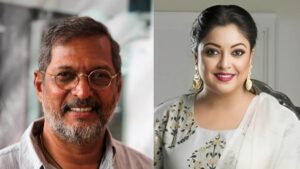
Bollywood loves to act as though art is separate from the artist. People write off a man’s abuse as a ‘personal matter’ if he can act, sing, or direct well. Yet the hypocrisy glares through: the industry shields accused men, while it labels women who speak out as controversial and quietly shuts them out.
Part of the answer lies in the industry’s very foundation. Bollywood is not a meritocracy; it’s a network of powerful families, producers, and gatekeepers. When someone in the industry faces accusations, insiders protect the investment instead of the victim. Then the public forgets. A hit song, a glossy trailer, a celebrity wedding — spectacle drowns out outrage. The industry manages abuse with PR, instead of confronting it as a crime.
And, of course, the legal grey area. Survivors know court battles are gruelling and reputation-destroying, so few pursue them. Bollywood hides behind the lack of convictions as though it proves innocence, weaponising a broken justice system to shield itself. At the same time, the industry punishes women who speak out. People accused Chopra, Tyagi, Mohapatra, and Dutta of ‘ruining men’s lives.’ Their careers stalled, while the industry rebranded the accused as victims or quietly rehabilitated them.
Here lies the hypocrisy. The same industry that markets films with hashtags of women empowerment silences women for being empowered. It’s a contradiction so sharp it feels deliberate. The real problem is: Bollywood doesn’t just keep working with abusive men, it keeps making women pay for their abuse.
Related: “Nanga Kar Ke Maarna Chahiye”: Sunil Pal’s Comment On Female Comedians Is A Masterclass In Misogyny

 Web Stories
Web Stories
